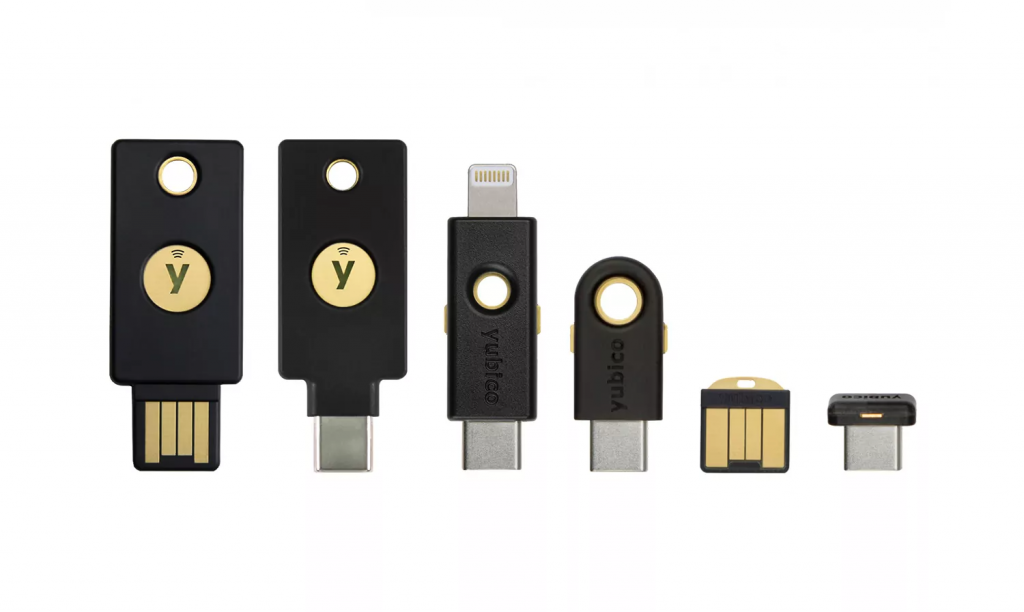
6 Ways To Improve Your Online Security
Improving your online security is vital in today’s digital age where cyber threats are rampant. Whether you’re browsing the web, shopping online, or managing sensitive information, taking proactive steps to improve your cyber security UAE can help protect your personal data and financial assets.
Strong, complex passwords
Utilize strong, complex passwords for all online accounts. Avoid using easily guessable information such as birthdays or common phrases. Instead, create passwords with a mix of uppercase and lowercase letters, numbers, and special characters. Consider using a reputable password manager to generate and securely store unique passwords for each account.
Allow two-factor authentication (2FA)
Allow two-factor authentication whenever possible to add an extra layer of security to your accounts. 2FA requires users to provide a second form of verification, such as a code sent to their mobile device or generated by an authentication app, along with their password. This significantly reduces the risk of unauthorized access, even if passwords are compromised.
Keep software updated
Regularly update all software, including operating systems, web browsers, and applications, to patch known security vulnerabilities. Allow automatic updates whenever possible to ensure that you are protected against the latest threats. Outdated software is often targeted by cybercriminals seeking to exploit known weaknesses.
Exercise caution with links and attachments
Be cautious when clicking on links or downloading attachments, especially from unknown or suspicious sources. Phishing attacks often disguise malicious links or attachments as legitimate emails or websites. Verify the authenticity of emails and websites before taking any action, and avoid providing sensitive information unless absolutely necessary.
Secure your devices
Secure your devices with robust security measures such as antivirus software, firewalls, and encryption. Regularly scan your devices for malware and perform security updates to protect against the latest threats. Additionally, consider using device encryption to protect sensitive data in case of theft or loss.
Be mindful of public Wi-Fi
Exercise caution when connecting to public Wi-Fi networks, as they may pose security risks. Avoid accessing sensitive information, such as online banking or personal emails, over public Wi-Fi networks unless using a virtual private network (VPN) for encryption. Hackers can intercept unencrypted data transmitted over public Wi-Fi, possibly compromising your privacy and security.